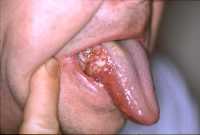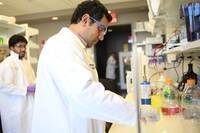Author Interviews, Ovarian Cancer / 04.11.2024
Mt. Sinai Study of Ovarian Cancer Finds Factor That Promotes Immunotherapy Resistance
MedicalResearch.com Interview with:
Alessia Baccarini, PhD
Assistant Professor
Dept. of Immunology and Immunotherapy (DII)
Icahn School of Medicine at Mount Sinai
New York, New York 10029
MedicalResearch.com: What is the background for this study?
Response: Ovarian cancer is characterized by a complex tumor microenvironment (TME) that significantly contributes to resistance against immunotherapy, particularly immune checkpoint blockade (ICB) therapies like anti-PD-1. Understanding the extracellular signals—such as cytokines and chemokines—that ovarian cancer cells utilize to create an immunosuppressive TME is critical for improving treatment outcomes.
Our research focuses on elucidating how these signaling factors contribute to tumor growth and immune evasion. We utilized a novel genomic functional approach called Perturb-map to study intratumoral heterogeneity (ITH) in ovarian cancer within a mouse model, allowing us to investigate the communication between ovarian cancer cells and immune cells.
(more…)




























